
Fingerstyle guitarist Duck Baker was influenced by Eric Dolphy, Ornette Coleman and Cecil Taylor, recording these solo original improvisations plus 2 Ornette Coleman pieces from '77-'83 in London, Torino & Calgary, plus 2 duos with guitar madman Eugene Chadbourne.
In Stock
Quantity in Basket: None
Log In to use our Wish List
Shipping Weight: 3.00 units
EU & UK Customers:
Discogs.com can handle your VAT payments
So please order through Discogs
Sample The Album:
Duck Baker-acoustic guitar
Eugene Chadbourne-guitar (track 17 & 18)
Click an artist name above to see in-stock items for that artist.
UPC: 5030243504121
Label: Emanem
Catalog ID: 5041
Squidco Product Code: 22215
Format: CD
Condition: New
Released: 2016
Country: Great Britain
Packaging: Cardboard Gatefold
Tracks 1 - 6 recorded in Torino, Winter 1983.
Tracks 7 - 14 recorded in London, Spring 1982.
Tracks 15 - 18 recorde in Calgary 1977 February 27th (?).
"Duck Baker made his name as a preeminent fingerstyle guitarist in the folk/acoustic world, as one of several players of his age who expanded the fingerpicking repertoire from blues, ragtime, and Merle Travis-style instrumentals to include Irish and Scottish music, swing numbers and modern jazz. Less well-documented is Baker's free jazz - free improv style, something he began working on after hearing Sonny Sharrock in the 1960s.
Baker's approach to this music was also heavily influenced by people like Eric Dolphy, Ornette Coleman and Cecil Taylor, and took another evolutionary turn in the mid-1970s when he heard Derek Bailey and, slightly later, began working with people like Eugene Chadbourne, John Zorn, and Bruce Ackley. Baker saw this as consistent with his involvement with traditional forms, noting that, for him, people like Albert Ayler, Elmore James and Roscoe Holcomb all played the same music.
Apart from isolated tracks and one side of an early Eugene Chadbourne LP, this side of Duck Baker went undocumented on record until 2009. Outside helps fill in the blanks, with unreleased studio recordings made in Calgary in 1977, London in 1982 and Torino in 1983. A few of Baker's 'inside' arrangements are included for the sake of completeness, but most of the music is solo original pieces and free improvisations. Also included are two very adventurous guitar duets with Chadbourne."-Emanem
Artist Biographies
• Show Bio for Duck Baker "Duck Baker is one of the most highly regarded fingerstyle guitarists of his generation. He is unique among jazz guitarists in that his repertoire spans the entire history of the music from ragtime through swing to modern masters like Thelonious Monk and Herbie Nichols to free improvisation. Baker's devotion to American music also encompasses more traditional forms like blues, gospel, and Appalachian music and its Scots-Irish ancestry. This catholicism has been likened to Europeans who perform the classical repertoire from renaissance through to modern music. Duck was born Richard R. Baker IV in 1949 and grew up in Richmond, Virginia. He passed his teenage years playing in rock and blues bands before becoming interested in acoustic blues. Local ragtime pianist Buck Evans was a major influence on Baker's evolution. By the time he moved to San Francisco in the early seventies, he was performing the wide range of material heard on his first record for the Kicking Mule label, "There's Something for Everyone in America". In addition to developing his solo style, Baker joined a bluegrass band and immersed himself in the local swing jazz scene, forming a duo with guitarist Thom Keats and performing with such Bay Area luminaries as Burt Bales and Robin Hodes. Baker remains active in this music, leading a trio with guitarist Bob Wilson and fiddler Tony Marcus. In the late seventies, Baker recorded four more records for Kicking Mule, including two devoted to jazz and the first solo guitar record of Irish and Scottish music. He also began touring as a soloist, traveling throughout North America, Western Europe, and Australia. He eventually moved to Europe where he was based for nine years before returning to San Francisco in 1987. It was also in the late seventies that Baker became associated with the free music scene, performing with musicians like Eugene Chadbourne and John Zorn in New York and Bruce Ackley and Henry Kaiser in San Francisco. His associations in the 90's included the highly regarded Irish fiddler, Kieran Fahy, and the great traditional singer, Molly Andrews. As of 2002 he is involved in several other duos: with trombone master Roswell Rudd, bassist Mark Dresser, and guitarists Jamie Findlay, Woody Mann and Ken Emerson. He also leads a trio which includes violinist Carla Kihlstedt and clarinetist Ben Goldberg. Baker's solo recordings since 1980 have for the most part focused on his own compositions, which reflect the influence of the great jazz pianist/composers like Monk, Nichols, Randy Weston, etc. His pieces have been recorded by various other guitarists, as well as Irish and American traditionalists and modern jazzmen.His most ambitious record, "Spinning Song", which is devoted to the music of Herbie Nichols, got rave reviews in Jazz Times, Cadence, Coda, and the New York Times, and helped establish Baker as an important voice in the world of fingerstyle jazz guitar. Various critics named "Spinning Song" among the best jazz records of 1997 in Cadence and Coda magazines, and it placed high on the Cadence reader's poll of that year. Acoustic Guitar magazine dubbed it "one of the best guitar records ever recorded - by anybody." " ^ Hide Bio for Duck Baker • Show Bio for Eugene Chadbourne "A seemingly endless -- and endlessly eclectic -- series of releases made the innovative guitarist Eugene Chadbourne one of the underground community's most well-known and well-regarded eccentrics. Born January 4, 1954 in Mount Vernon, NY, Chadbourne was raised in Boulder, CO, by his mother, a refugee of the Nazi death camps. At the age of 11, the Beatles inspired him to learn guitar; later exposure to Jimi Hendrix prompted him to begin experimenting with distortion pedals and fuzzboxes. Ultimately, however, he became dissatisfied with the conventions of rock and pop, and traded in his electric guitar for an acoustic one, on which he began to learn to play bottleneck blues. Perhaps Chadbourne's most significant formative discovery was jazz; initially drawn to John Coltrane and Roland Kirk, he later became an acolyte of the avant excursions of Derek Bailey and Anthony Braxton. Despite the huge influence music exerted over his life, however, Chadbourne first studied to become a journalist, but his career was derailed when he fled to Canada rather than fight in Vietnam; only President Jimmy Carter's declaration of amnesty for conscientious objectors allowed the vociferously left-wing Chadbourne to return to the U.S. in 1976, at which time he plunged headlong into the New York downtown music scene. After releasing his 1976 debut, Solo Acoustic Guitar, he began collaborating on purely improvisational music with the visionary saxophonist John Zorn and the acclaimed guitarist Henry Kaiser. Quickly, Chadbourne carved out a singular style, comprised of equal parts protest music, free improvisation, and avant-garde jazz, topped off with his absurd, squeaky vocals. A complete list of Chadbourne's countless subsequent collaborations and genre workouts is far too lengthy and detailed to exhaustively document, although in the early '80s he garnered some of his first significant attention as the frontman of Shockabilly, a demented rockabilly revisionist outfit which also featured the well-known producer Kramer. Following the group's breakup, Chadbourne turned to his own idiosyncratic brand of country and folk, accurately dubbed LSD C&W on a 1987 release, the same year he joined the members of Camper Van Beethoven for a one-off covers project. In addition, he recorded with artists ranging from Fred Frith and Elliott Sharp to Evan Johns and Jimmy Carl Black, the original drummer in the Mothers of Invention; in between, he continued exploring unique styles inspired by music from the four corners of the globe, all the while issuing a seemingly innumerable string of records, most of them on his own Parachute label." ^ Hide Bio for Eugene Chadbourne
11/5/2024
Have a better biography or biography source? Please Contact Us so that we can update this biography.
11/5/2024
Have a better biography or biography source? Please Contact Us so that we can update this biography.
Track Listing:
1. Breakdown Lane 4:13
2. Klee 4:36
3. Like Flies (Requiem for Bobby Fussell) 6:56
4. No Family Planning 3:41
5. Peace 4:11
6. Torino Improvvisazione 3:21
7. London Improvisation 3:33
8. Southern Cross 4:40
9. Holding Pattern 3:50
10. You Are My Sunshine 4:03
11. Klee 5:15
12. Like Flies (Requiem for BobbyFussell) 5:44
13. No Family Planning 2:18
14. Peace 3:29
15. Shovelling Snow 2:44
16. White With Foam 2:17
17. Mary Mahoney 6:16
18. Things Sure Must Be Hoppin' Tonight On Castro Street (To Bruce Ackley) 6:43
Improvised Music
Guitarists, &c.
Solo Artist Recordings
Duo Recordings
EMANEM & psi
Chadbourne. Eugene
Search for other titles on the label:
Emanem.


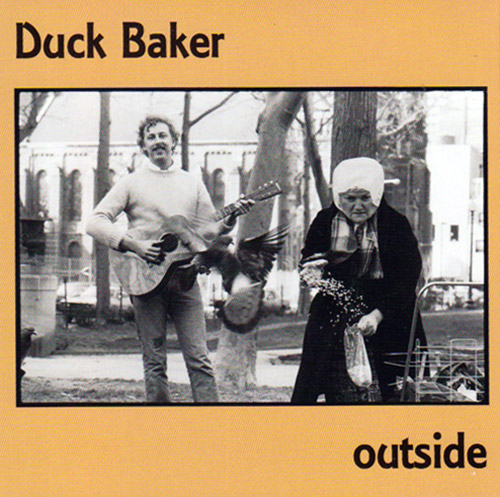
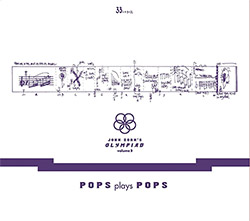
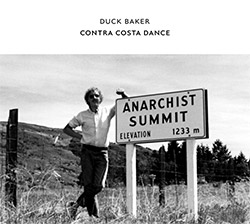
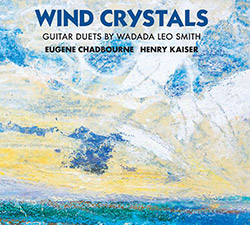

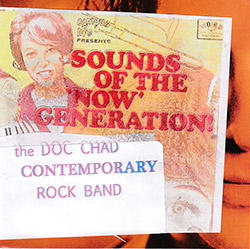
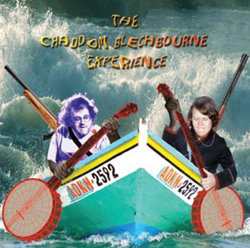
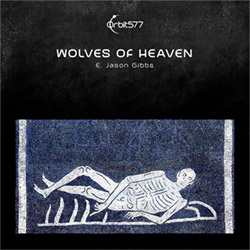
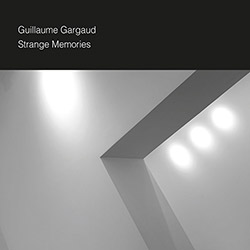
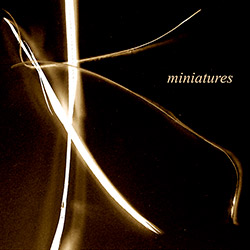

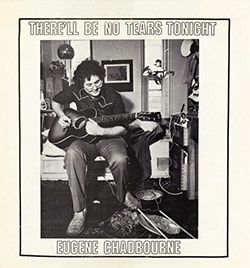

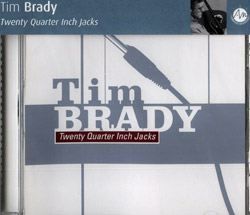
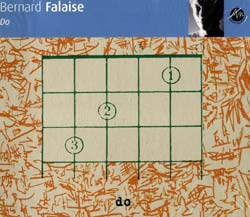
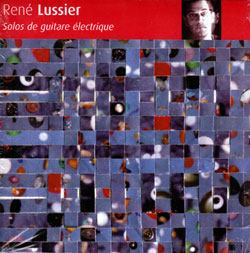
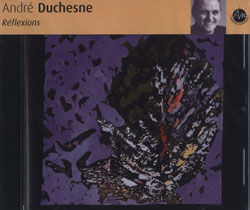
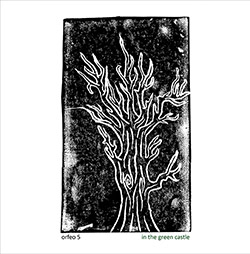

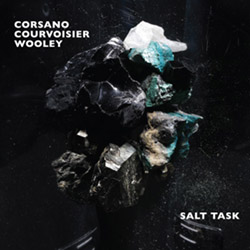
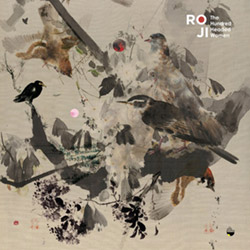
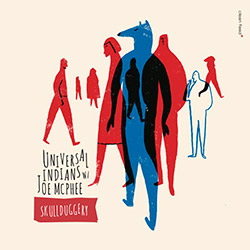
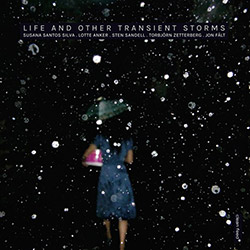
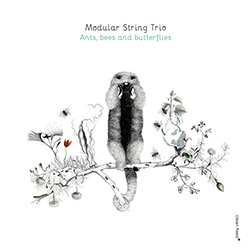
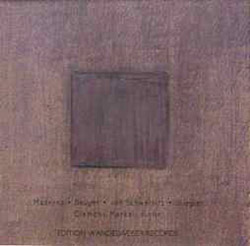
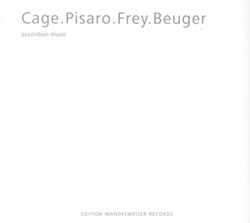
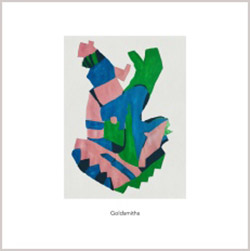





![Warren, Kenny (Warren / Hoffman / Ellman): Sweet World [VINYL]](https://www.teuthida.com/productImages/misc4/35451.jpg)


![Blake, Ran / Dave Knife Fabris: Live Amsterdam 2006, First Visit [CD + POSTCARDS]](https://www.teuthida.com/productImages/misc4/35275.jpg)
![Sanna, Claudio: Compositori Sardi Contemporanei II [2 CDs]](https://www.teuthida.com/productImages/misc4/35317.jpg)














![Musicworks Magazine: #149 Fall 2024 [MAGAZINE + CD]](https://www.teuthida.com/productImages/misc4/35470.jpg)

![Nevai, Nandor: <<The PRICE of FRONTIER>> Book 1: FULK [BOOK + 4 CDs]](https://www.teuthida.com/productImages/misc4/35464.jpg)
![Nevai, Nandor: <<The PRICE of FRONTIER>> Book 2: MARTIAL [BOOK + 4 CDs]](https://www.teuthida.com/productImages/misc4/35465.jpg)
![Nevai, Nandor: <<The PRICE of FRONTIER>> Book 3: JASSOM [BOOK + 4 CDs]](https://www.teuthida.com/productImages/misc4/35466.jpg)
![Nevai, Nandor: <<The PRICE of FRONTIER>> Book 4: HARD-WON [BOOK + 4 CDs]](https://www.teuthida.com/productImages/misc4/35467.jpg)



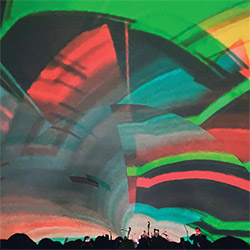
![Mazurek, Rob & Exploding Star Orchestra: Live at Adler Planetarium [VINYL]](https://www.teuthida.com/productImages/misc4/35233.jpg)
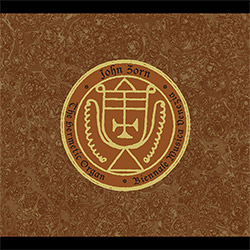
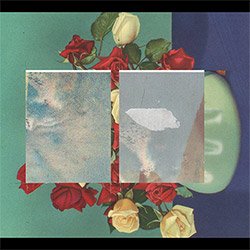
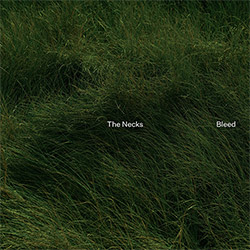
![Necks, The: Bleed [VINYL BLACK]](https://www.teuthida.com/productImages/misc4/35250.jpg)
![Necks, The: Bleed [VINYL GREEN + DOWNLOAD]](https://www.teuthida.com/productImages/misc4/35251.jpg)
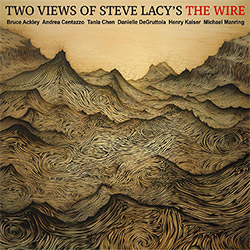

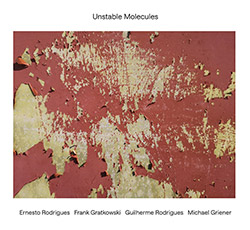

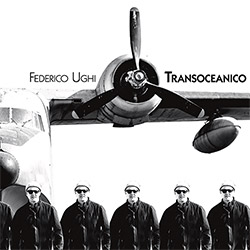
![Attias, Michael (Attias / Leibson / Pavolka / Ferber / Hoffman): Quartet Music Vol. I: LuMiSong [VINYL]](https://www.teuthida.com/productImages/misc4/34878.jpg)
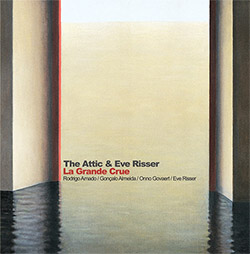
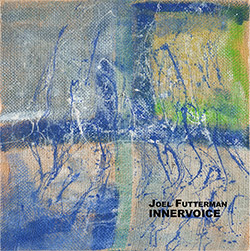



![DNS: Taking Big Bites Of The Khandas Three Cafes Deep [2 CDs]](https://www.teuthida.com/productImages/misc4/35334.jpg)




![Cleaver, Gerald: The Process [VINYL]](https://www.teuthida.com/productImages/misc4/34966.jpg)




![Alva Noto: HYbr:ID II [VINYL 2 LPs]](https://www.teuthida.com/productImages/misc4/35201.jpg)

![Baron, Derek / Luke Martin: Distinct and Concealed [CASSETTE + DOWNLOAD]](https://www.teuthida.com/productImages/misc4/35079.jpg)

![Lyle, Erica Dawn : Colonial Motels [CASSETTE + DOWNLOAD]](https://www.teuthida.com/productImages/misc4/35080.jpg)







![Alva Noto: HYbr:ID III [VINYL 2 LPs]](https://www.teuthida.com/productImages/misc4/35011.jpg)
![Kubisch, Christina / Trondheim Voices: Stromsanger 2022 For Six Voices And Electromagnetic Waves [VINYL]](https://www.teuthida.com/productImages/misc4/34628.jpg)
![Ristic, Manja / Joana Guerra / Veronica Cerrotta: Slani pejzazi [CASSETTE + DOWNLOAD]](https://www.teuthida.com/productImages/misc4/34928.jpg)
![Euro Herc: Segnali [CASSETTE + DOWNLOAD]](https://www.teuthida.com/productImages/misc4/34929.jpg)







![Zurria, Manuel: Fame di Vento [3 CDs]](https://www.teuthida.com/productImages/misc4/35167.jpg)

![Granberg, Magnus / Nattens Inbrott / Skogen: Holde Traume, Kehret Wieder! [2 CDs]](https://www.teuthida.com/productImages/misc4/35038.jpg)
![Frey, Jurg: Outermost Melodie [2 CDs]](https://www.teuthida.com/productImages/misc4/35039.jpg)

![Pavone, Jessica: Reverse Bloom [VINYL]](https://www.teuthida.com/productImages/misc4/34895.jpg)




![Modney (Modney / Wooley / Gentile / Roberts / Pluta / Symthe / ...): Ascending Primes [2 CDs]](https://www.teuthida.com/productImages/misc4/34852.jpg)






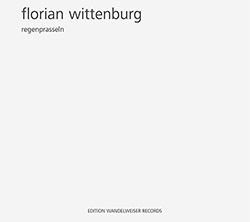

![Kirschner, Kenneth / Joseph Branciforte: From the Machine: Volume 1 [VINYL]](https://www.teuthida.com/productImages/misc4/30767.jpg)

![Elephant9 with Terje Rypdal: Catching Fire [VINYL 2 LPs]](https://www.teuthida.com/productImages/misc4/35355.jpg)
![Deerlady (Obomsawin, Mali / Magdalena Abrego): Greatest Hits [VINYL]](https://www.teuthida.com/productImages/misc4/34876.jpg)




![Haino, Keiji: Black Blues [2 CDs]](https://www.teuthida.com/productImages/misc4/35109.jpg)



![Surplus 1980: Illusion of Consistency [CD]](https://www.teuthida.com/productImages/misc4/35069.jpg)
![Staiano, Moe: Away Towards the Light [VINYL + DOWNLOAD]](https://www.teuthida.com/productImages/misc4/35037.jpg)




![Caveira (Gomes / Sousa / Abras / Ferrandini): Ficar Vivo [VINYL]](https://www.teuthida.com/productImages/misc4/34643.jpg)
![Gregg, J. J. / David Van Auken: Lunar Prairie [CD w/ DOWNLOAD]](https://www.teuthida.com/productImages/misc4/34611.jpg)

![Coultrain: Mundus [VINYL]](https://www.teuthida.com/productImages/misc4/32439.jpg)
![Mattin: Songbook #6 [VINYL]](https://www.teuthida.com/productImages/misc4/27317.jpg)
![Punkappella: Wake Up [7-inch VINYL]](https://www.teuthida.com/productImages/misc4/17519.jpg)
![Residents, The: WARNING: UNiNC.: Live And Experimental Recordings 1971-1972 [VINYL 2 LPs]](https://www.teuthida.com/productImages/misc4/31521.jpg)
![Coultrain: Phantasmagoria [VINYL]](https://www.teuthida.com/productImages/misc4/30142.jpg)
![Lennon, Sean Ono: Asterisms [VINYL]](https://www.teuthida.com/productImages/misc4/34517.jpg)

![Rotem Geffen: The Night Is The Night [VINYL]](https://www.teuthida.com/productImages/misc4/34631.jpg)
![Coley, Byron: Dating Tips for Touring Bands [VINYL]](https://www.teuthida.com/productImages/misc4/17906.jpg)

![Lost Kisses: My Life is Sad & Funny [DVD]](https://www.teuthida.com/productImages/misc4/lostKissesDVD.jpg)